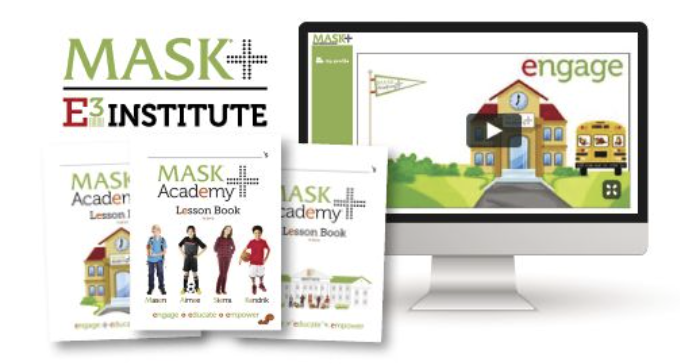
What Social Skills Should Jr. High Kids Know
July 22, 2024
What Does it Mean to Show Respect for Others?
July 26, 2024There isn’t a one-size-fits-all approach to parenting, as every child and family is unique. However, many experts advocate for an approach that combines warmth, structure, and consistency.
Here are some key principles of effective parenting:
- Unconditional Love and Support: Show your child unconditional love and support, regardless of their behavior or achievements. Make sure they know that you are there for them no matter what.
- Clear Expectations and Boundaries: Set clear expectations and boundaries for your child’s behavior. Be consistent in enforcing these boundaries, and provide explanations for why certain rules are in place.
- Positive Reinforcement: Encourage and praise your child’s positive behavior and achievements. Positive reinforcement helps build their self-esteem and encourages them to continue behaving in desirable ways.
- Effective Communication: Foster open and honest communication with your child. Listen to their thoughts, feelings, and concerns without judgment, and communicate your own expectations and values clearly.
- Empathy and Understanding: Try to see things from your child’s perspective and empathize with their feelings and experiences. Validate their emotions and offer support and guidance when they’re struggling.
- Consistent Discipline: Implement consistent and fair discipline when necessary, but avoid harsh punishment or shaming. Instead, focus on teaching your child about the consequences of their actions and helping them learn from their mistakes.
- Lead by Example: Be a positive role model for your child by demonstrating the values and behaviors you want to instill in them. Children learn by observing and imitating their parents, so strive to embody the qualities you want to see in them.
- Encourage Independence and Responsibility: Give your child opportunities to make decisions and take on age-appropriate responsibilities. Encouraging independence fosters confidence and self-reliance.
- Quality Time Together: Spend quality time with your child regularly, engaging in activities you both enjoy. Building strong connections through shared experiences strengthens your bond and helps your child feel loved and valued.
- Flexibility and Adaptability: Be flexible and adaptable in your parenting approach, recognizing that what works for one child may not work for another. Stay attuned to your child’s changing needs and adjust your parenting style accordingly.
Ultimately, the best parenting approach is one that is responsive to your child’s individual needs, strengths, and challenges, while also promoting their overall well-being and development. It’s important to be patient, compassionate, and willing to learn and grow as a parent along the way.
To learn more tips and parenting subscribe to MASK The Magazine, parenting solutions for today’s families
Subscribe to MASK The Magazine
Or
Did you know that you can add past issues of MASK The Magazine and start your MASK Library –
Enroll your child or school in the MASK E3 Institute to equip them with the knowledge to make safe healthy and informed decisions.




